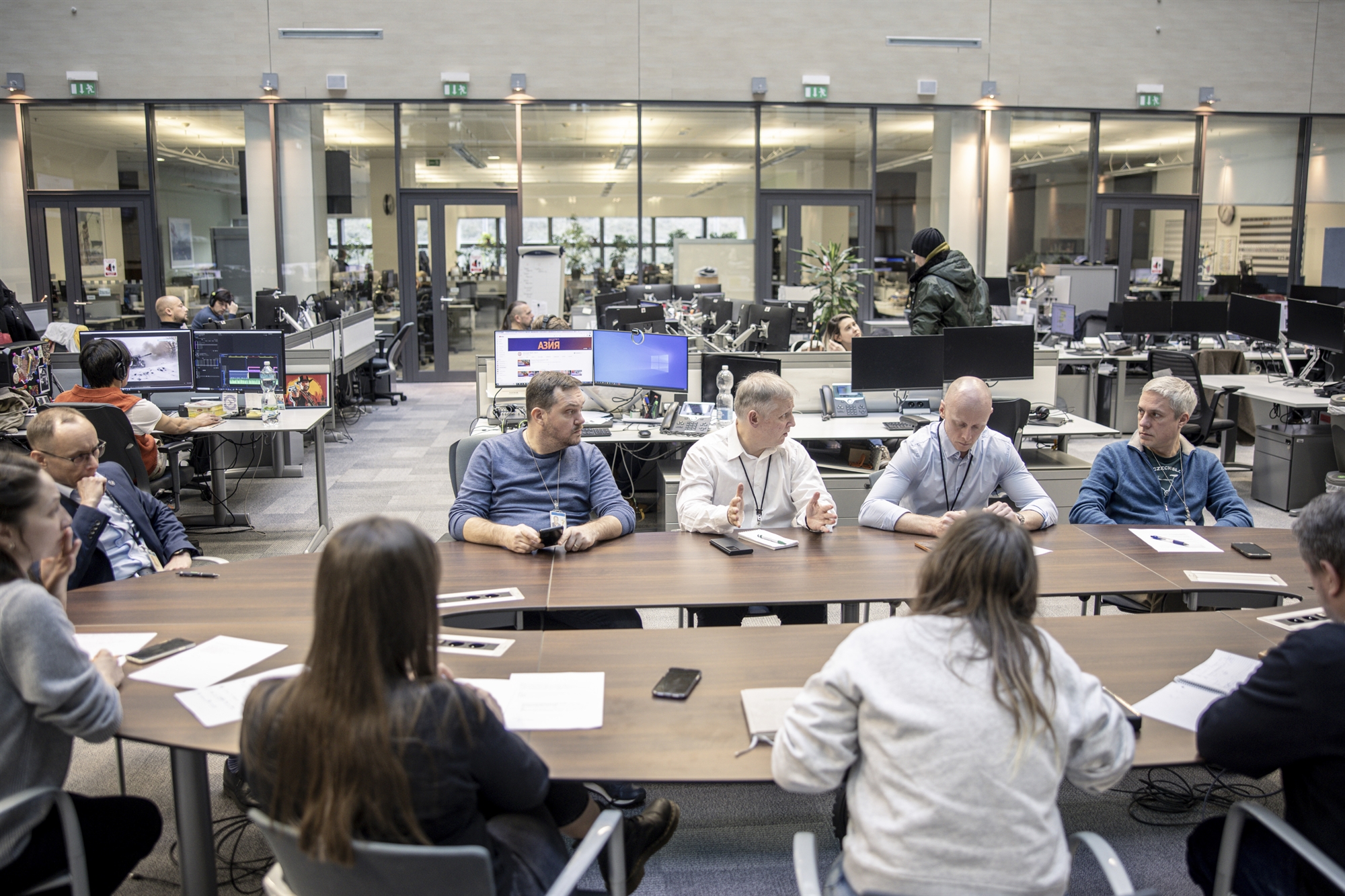
Until 1971 Radio Free Europe, based in Munich, had a dual purpose. While this was mainly an attempt to “penetrate” the Iron Curtain by broadcasting news and anti-communist messages in the languages of the Soviet bloc countries in order to influence public opinion, at the second level it was, in fact, the CIA’s “showcase” in Europe. . His work was terminated when it became clear that the CIA was involved in the project, and it was forced to stop funding.
Today, more than fifty years later, the RFE bears little resemblance to its predecessor. He now engages in impartial, fact-based journalism “with local reporters, in local languages, for local audiences.” The station, headquartered in Prague, is growing rapidly and is preparing to open new offices in Latvia to accommodate its employees working with Russia. Although a significant part of the audience is in contact with him through the air, the radio station has a website and is present on all major social networks. It has 40 million listeners and readers every week and broadcasts in 27 languages in 23 countries where “press freedom is limited or professional journalism is not developed.”

Days after Russia’s invasion of Ukraine, the agency closed its services in Russia, the culmination of years of pressure from the government and its refusal to officially register as a “foreign agent”. In the first week of the war, traffic to the site almost tripled, and traffic to the YouTube channel available in Russia nearly quadrupled. About half of the new visitors came from Russia and Ukraine.
However, coverage of the war is the tip of the iceberg. The most important offer of the station, according to its participants, is local reporting and informing the population, which, either due to state intervention or language, remains far from honest information. The station had a great impact on Central Asian countries such as Kyrgyzstan, where it exposed many cases of corruption. In that country, the radio station was punished with a two-month ban on charges of spreading “fake news”. The RFE denied the accusations and urged supporters to use a VPN for listening and browsing.

Tomas Hendrik Ilves, the former president of Estonia who worked for the Munich broadcaster from 1984 to 1993, told The New York Times that bringing objective, quality news to these audiences in their own language is vital, and “it remains the main offering of the broadcaster. station, the same as thirty years ago. Since many sources of quality information are extremely limited, and the opportunity to hear quality news in your native language is important,” he said.
The offices of Radio Free Europe in Prague (and soon in Riga) now host journalists, reporters, and activists from countries where they have been at risk of persecution, and are a Noah’s Ark for professionals and immigrants from countries that have recently experienced cosmopolitan changes.
Source: Kathimerini
Anna White is a journalist at 247 News Reel, where she writes on world news and current events. She is known for her insightful analysis and compelling storytelling. Anna’s articles have been widely read and shared, earning her a reputation as a talented and respected journalist. She delivers in-depth and accurate understanding of the world’s most pressing issues.